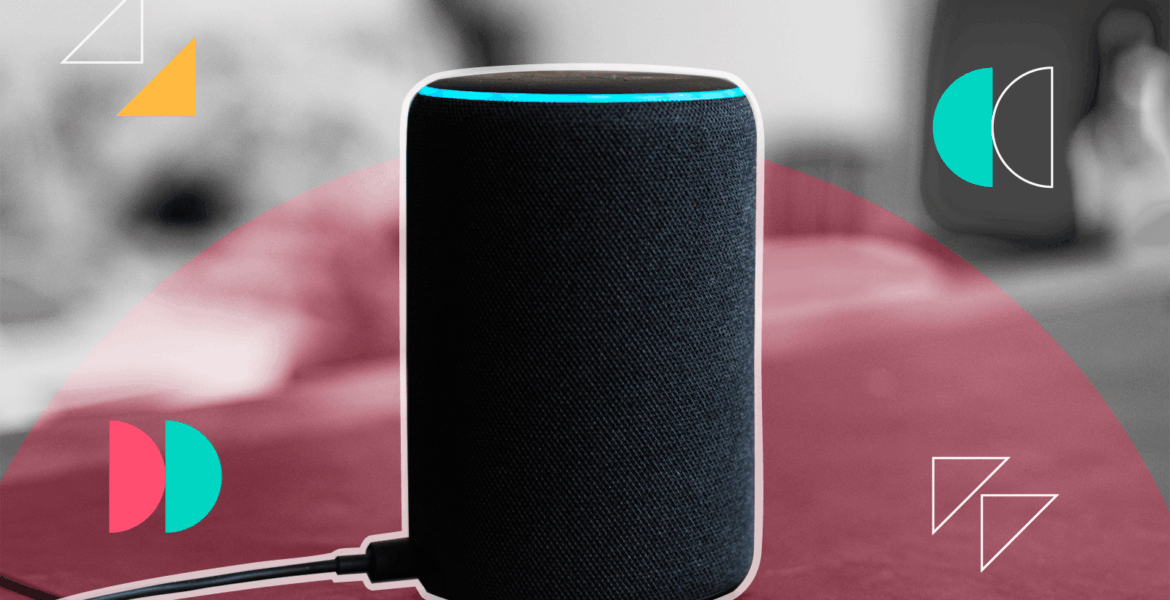A Q&A with Munir Haddad, Co-Founder, Kiosk
By R. Larsson, Advertising Week
Included within the coverage of Amazon’s most recent middling earnings report, released a few weeks ago, was some promising news about ad growth. According to the New York Times, “advertising, which investors view as a promising and profitable business, grew 18 percent to $13.9 billion.”
The question is, where might Amazon further grow those ad dollars? Some have speculated that Amazon’s recent decision to launch an AI-driven Alexa+ service may pave the way for an ad-tiered Alexa experience.
We asked Munir Haddad, marketing expert and the Co-Founder of agency Kiosk, Novato, CA, about Amazon’s recent decision to create an Alexa+ premium tier, paving the way in many experts’ minds for an Alexa experience with ads, and what that might mean for the brand.
Here’s what Munir had to say.
Q: Is there an expectation that Amazon will bring ads to Alexa, given how aggressive it is about growing its ads business?
Munir Haddad: In our mind, Alexa already delivers ads via ad units in the streaming music player and ad units on screen on Echo Show devices. The suite of tools to create AI ads and the ability to “add to cart” from within the ads, so the technology and mechanisms for Alexa to deliver ads are there. The introduction of a $240 / annual subscription for Alexa+ makes it more likely that an ad-supported tier will launch. And Alexa+ customers might still receive ads, given that there have been sightings of ads targeted to Amazon Prime subscribers in the past. The backlash of users from comments when seeing these may be why Amazon is more cautious with a broader ads rollout.
Q: What should Amazon be concerned about?
MH: The Amazon teams have a lot of data on their consumers and usage behaviors alongside ad revenue projections. Any subscription and ad-supported business has to balance its subscription costs with the number of ad units and the utility of the media. If there are so many ads that users reject the media, then the decline, leakage, or churn of users or subscribers is going to decline. If the user base declines too much, the value of the media declines for advertisers, and it’s a losing proposition. So there’s a profit maximization point where the utility and value of the media are in balance with the volume and utility of ads and the value of the ads to the advertisers. And advertisers may be willing to pay premiums for scarcer inventory that is viewed as effective – think prime time shows, site takeovers, integrations, live events, including sports.
Q: What do you think will happen next?
MH: I suspect that Amazon’s launch of the Alexa+ paid tier provides them with permission to launch an ad-supported tier. They will likely test the adoption of subscriptions with the level of churn that occurs from the free, ad-supported tier. If they feel like they can introduce voice ads and only lose a small percentage of their user base (or none at all), then it’s inevitable. I think that advertisers would highly value an ad unit delivered by a trusted voice, like Alexa. Alexa is an influencer. It’s like a live radio or podcast read. If the host is reading the ad, it’s going to be more effective for the advertiser. The behavioral concept of authority comes into play. That ad unit could be sold at a high premium.
Q: Does Amazon need to do it given how much upside there is elsewhere in its ads business?
MH: Amazon doesn’t need to introduce voice ads, but they may feel like they should, in order to compete, or head off competition with Apple’s Siri, Google, ChatGPT, or Perplexity. Especially if they perceive that these services will start to offer something similar, and if their advertisers demand it. Perplexity has already introduced ads, granted, separated from their ‘answers,’ but it still starts to break down the user experience into ‘organic’ and AI-delivered results next to sponsored results. This is a risk to all LLMs and agents and their pathways to monetization. No one ever thought that Google’s search dominance would start to crack, just as no one thought there would be a medium as good as the Yellow Pages.
Q: Why has Amazon been so cautious about ads on Alexa?
MH: User experience and adoption. Introducing ads too quickly to their voice platform might erode trust. They have built a highly trusted, well-liked, and continuously used platform. The device sits throughout people’s houses, including in their most intimate spaces. It has become an invited guest. If all of a sudden, your guest turned into a salesperson, you might ask them to leave and never invite them back to your house.











